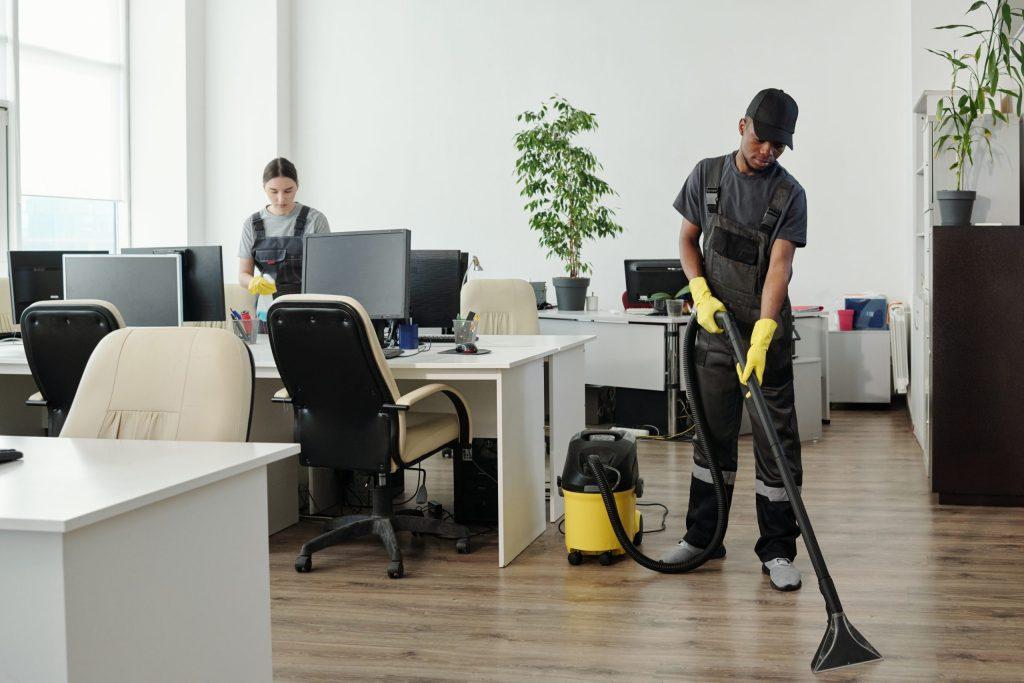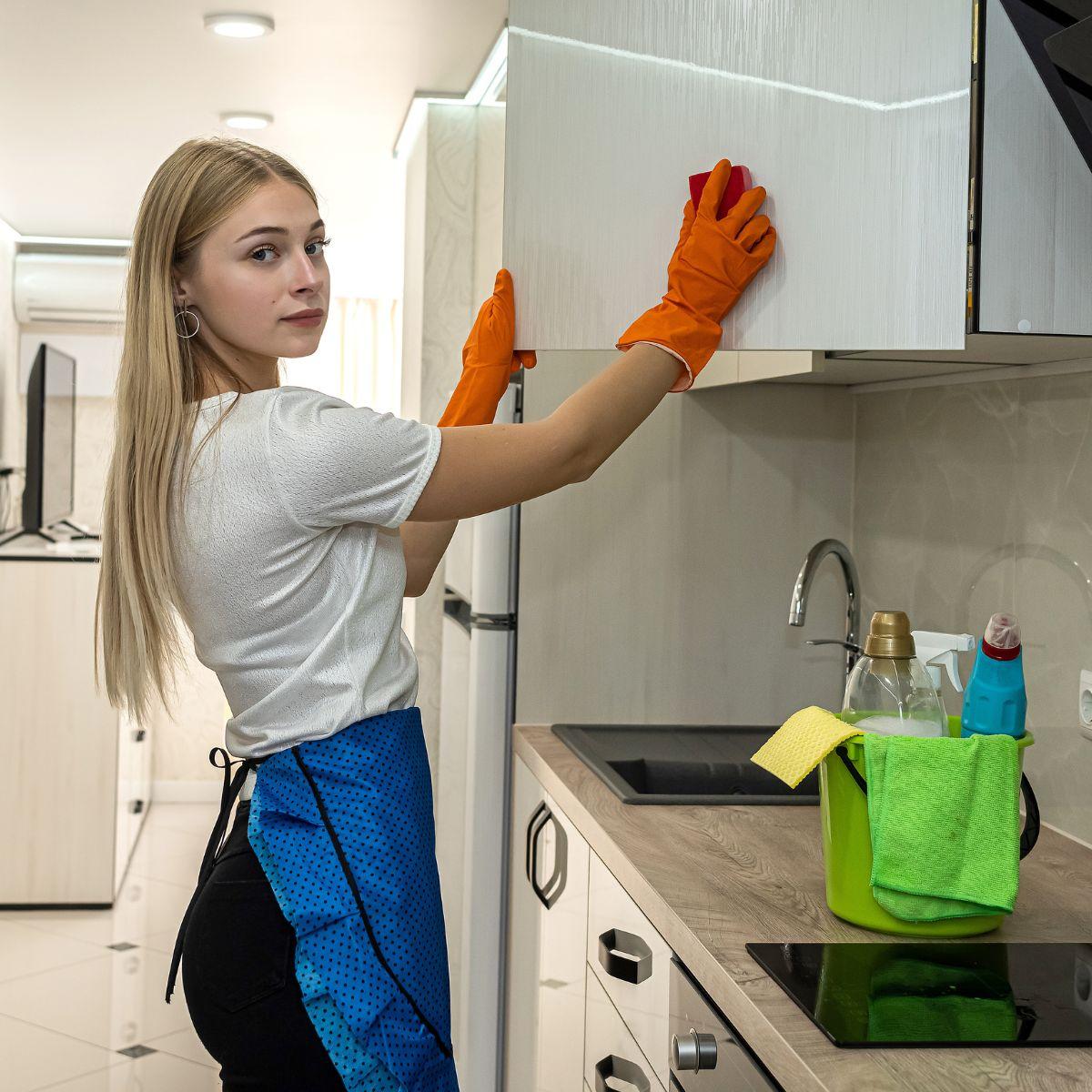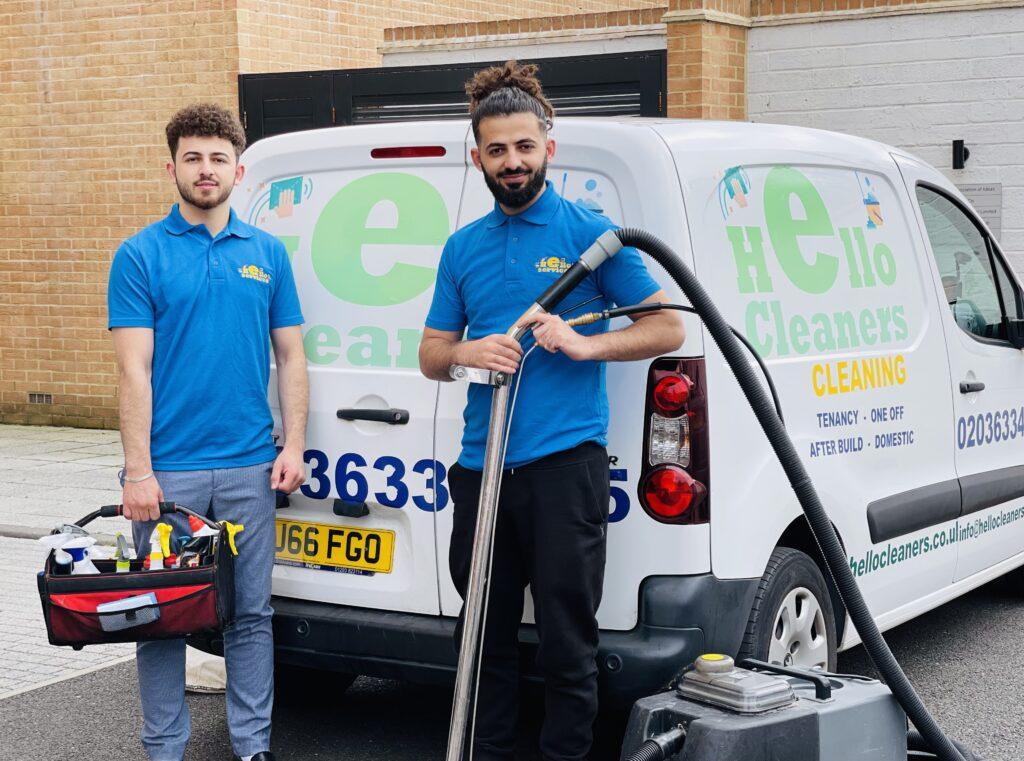
Liverpool moves at a distinctive rhythm-river light on stone docks, matchday surges, student turnarounds, and a workday that stretches from the Baltic Triangle’s studios to the city’s Georgian terraces. In a place where heritage buildings sit beside new-build apartments and busy hospitality venues, cleaning isn’t just a chore; it’s an ongoing choreography that keeps homes livable and businesses welcoming. From routine domestic visits to deep cleans after renovations, from end-of-tenancy refreshes to meticulous office maintenance, cleaning services in Liverpool reflect the city’s varied spaces and changing seasons.
This article explores what the local market offers and how it operates, touching on common service types, typical standards, and the practicalities that matter-insurance and vetting, eco-friendly options, specialist tasks, and how providers adapt to everything from student move-outs to short-let turnovers. It also considers how geography and property stock shape expectations, whether you’re in a waterfront flat, a suburban semi, or a high-footfall venue near the docks. Without endorsing any single company, the aim is to help you understand the landscape, compare choices with confidence, and match the pace of Liverpool life with a cleaning solution that works smoothly in the background.
Table of Contents
- The Liverpool cleaning landscape from domestic homes to commercial spaces and what sets local firms apart
- Transparent pricing in Liverpool with typical hourly rates demand peaks and how to compare quotes fairly
- How to choose a vetted cleaner in Liverpool with checks for insurance DBS references and eco friendly products
- Booking smarter across city postcodes with tips on availability end of tenancy standards and add ons worth requesting
- The Conclusion
The Liverpool cleaning landscape from domestic homes to commercial spaces and what sets local firms apart
From Georgian terraces in Wavertree to waterfront apartments by the Mersey-and from indie cafes on Bold Street to logistics hubs in Speke-the scope of cleaning spans delicate heritage finishes, high-traffic shop floors, student changeovers, and post-build dust. Coastal weather layers a fine salt film on glass, match-day surges bring grit and spills, and academic calendars compress end-of-tenancy deadlines. Local teams tailor workflows accordingly: low-moisture methods for parquet, rapid-dry systems to keep tills ringing, dust containment on refurb sites, and eco-forward chemistries that respect period stone and modern ventilation alike.
- Domestic: weekly housekeeping, deep kitchen/bathroom refresh, allergy-minded dust control, oven and carpet care
- Tenancies: check-in/out cleans with photo reports, key collection/return, inventory-ready detailing
- Commercial: daytime porterage, after-hours sparkle cleans, washroom hygiene, window and fascia attention
- Specialist: builders’ cleans, clinical-grade sanitising, floor maintenance (scrub/strip/seal)
| Segment | Common Tasks | Local Edge |
|---|---|---|
| Home | Routine tidy, deep cleans | Care for period features |
| Retail & Hospitality | Daily shine, washrooms | Match-day scheduling |
| Offices | Desks, kitchens, bins | After-hours turnaround |
| Industrial/Healthcare | Zone cleans, sanitising | Compliance-led methods |
What distinguishes local providers is granular street-level know-how paired with verifiable standards: arrival windows tuned to Merseyrail and tunnel traffic, quick-call crews for stormy days, DBS-checked staff, insured operations, and documented COSHH/BICSc training. Pricing models are transparent-flat-rate or per m²-with digital checklists, before/after photos, key-holding protocols, and SLAs that flex around student move-outs, cruise calls, festivals, and fixtures. Many lean into low-VOC chemistries, microfibre systems, and refill schemes while backing community clean-ups and living-wage commitments-turning consistency and responsiveness into everyday reliability.
- Speed: same-day slots for end-of-tenancy and emergencies
- Precision: custom scope-of-works by area and surface
- Trust: vetted teams, clear comms, photo proof
- Sustainability: eco concentrates, less plastic, smart dosing
- Value: KPI-led SLAs, no hidden extras, measurable results
Transparent pricing in Liverpool with typical hourly rates demand peaks and how to compare quotes fairly
Liverpool’s reputable cleaners price for clarity: most publish a base hourly rate, then list optional add‑ons so you can see exactly what you’re paying for. Typical off‑peak ranges run around £14-£22/hr for regular domestic, £20-£35/hr for deep or spring cleans, £22-£40/hr for end‑of‑tenancy, and £18-£30/hr for office/commercial. Expect surcharges during demand spikes-weekday evenings, Saturdays, pre‑holiday weeks, month‑end, and the student changeover periods-plus potential extras for city‑centre parking, specialist equipment, or eco‑grade products. A transparent quote should specify minimum hours, team size, what supplies are included, and whether VAT applies.
To compare quotes fairly, request an itemised breakdown and calculate the effective hourly rate by dividing the total price (including fees) by billable hours only. Then match like‑for‑like scope: the same checklist, rooms, add‑ons, and time window. Finally, weigh value beyond price-insurance cover, reclean guarantees, vetted staff, and flexible scheduling often save you money in callbacks and rescheduling fees.
| Service | Off‑Peak £/hr | Peak £/hr | Includes |
|---|---|---|---|
| Regular domestic | 14-19 | 18-22 | Labour; basic tasks |
| Deep/spring clean | 20-28 | 26-35 | 2‑person team; supplies |
| End‑of‑tenancy | 22-32 | 28-40 | Inventory‑ready checklist |
| Office/commercial | 18-24 | 22-30 | Out‑of‑hours access |
- Scope parity: Same rooms, tasks, and add‑ons (e.g., oven, inside windows, limescale).
- Supplies & equipment: Are materials included, eco products extra, or labour‑only?
- Fees & VAT: Parking, key‑holding, short‑notice, and whether prices are inc/ex VAT.
- Minimums & timing: Minimum hours, peak slot uplift, and cancellation window.
- Assurance: Insurance level, DBS/vetting, satisfaction/reclean policy.
- True hourly: Total cost ÷ billable hours; avoid quotes padded with non‑cleaning time.
How to choose a vetted cleaner in Liverpool with checks for insurance DBS references and eco friendly products
Start with transparency: reputable Liverpool cleaners happily show their paperwork. Ask for public liability insurance (with policy number, provider, and expiry), a recent DBS check, and local references that match the scope of work you need (e.g., end-of-tenancy, regular domestic, post-build). Look for clear service agreements covering access, key-holding, cancellations, and how damages are handled. If they trade as a company, a quick Companies House lookup adds reassurance; for sole traders, a professional invoice trail and local presence are good signs. Memberships such as BICSc and visible training certificates further indicate standards you can rely on.
- Insurance: Request a copy of the liability certificate (typical cover £1-5m) and confirm dates.
- DBS: See a dated certificate (recent is best); check the name matches the cleaner on site.
- References: Two Liverpool clients with similar needs; ask about punctuality, care, and communication.
- Paper trail: Written quote, scope of work, and a simple contract or booking confirmation.
- Standards: Training badges (e.g., BICSc) and awareness of EN 1276/EN 14476 where disinfectants are used.
| Check | Ask to see | Quick tip |
|---|---|---|
| Insurance | Certificate + expiry | Match name to business |
| DBS | Recent certificate | Check issue date |
| References | 2 local contacts | Ask for similar jobs |
Eco-cred isn’t just marketing-ask how they reduce impact without sacrificing sparkle. A good pro will detail product choices (biodegradable, phosphate-free, low-VOC), provide SDS on request, and offer refillable or concentrated options to cut plastic. Look for recognised eco markers such as the EU Ecolabel or equivalent, cruelty-free assurance, and HEPA-filtered vacuums for allergy-friendly cleaning. Bonus points for microfibre colour-coding to prevent cross-contamination and a plan for responsible waste disposal.
- Products: Biodegradable, fragrance-free options on request; proof of efficacy where sanitising is needed.
- Labels: EU Ecolabel or similar, cruelty-free, and clear ingredient lists.
- Kit: HEPA vacuums, reusable microfibre, refill stations or concentrates to minimise waste.
- Process: Colour-coded cloths, separate bathroom/kitchen tools, and a written eco policy.
- Your choice: If you prefer, ask them to use your own eco products-pros will accommodate.
Booking smarter across city postcodes with tips on availability end of tenancy standards and add ons worth requesting
Smarter booking in Liverpool starts with postcode awareness. City-core homes in L1-L3 fill fast around month-end and weekends; target Tue-Thu early slots for easier availability and smoother access to lifts and loading bays. In student-heavy areas like L6, L7, L15, peaks hit late June and early September-reserve a week ahead and confirm permit/parking plans. Suburban postcodes (L17, L18, L25) offer more flexibility, but note school-run congestion. Ask for key collection/return if you won’t be on-site, and request a deposit-safe reclean window (24-72 hours) to protect against last-minute agent notes.
| Postcode | Demand | Lead time | Best slots | Local tip |
|---|---|---|---|---|
| L1-L3 | High | 5-7 days | Tue/Wed AM | Book lift/loading bay |
| L6/L7/L15 | Peaks Jun/Sep | 7-10 days | Mid-mornings | Student check-outs |
| L17/L18/L25 | Steady | 3-4 days | Early PM | Avoid school runs |
| L20/L22/L23 | Moderate | 3-5 days | Wed/Thu | Watch match days (L4) |
| L37/L38 | Seasonal | 5-7 days | Afternoons | Weather allowances |
For end-of-tenancy success, align with agent expectations: oven/extractor degreasing, limescale removal, inside cupboards, skirting and sockets, window tracks, and behind appliances. Ask for a checklist-based clean with timestamped photos and a detailed invoice (address, services, method), plus a revisit guarantee if the inventory flags issues. To maximise results in one visit, bundle targeted add-ons that landlords notice most-especially in coastal, high-traffic, or student lets.
- Premium oven + extractor – passes grease tests and odour checks.
- Fridge/freezer deep defrost – prevents mould and drip trays from failing inspection.
- Carpet hot-water extraction – lifts pet odours and end-of-lease stains.
- Upholstery refresh – sofas/chairs revived where replacement isn’t viable.
- Internal windows & tracks – clears sand/dust common near the waterfront.
- Blinds detailing – slat-by-slat dusting or ultrasonic dip if heavily soiled.
- Wall spot treatment – removes scuffs without repainting.
- Balcony/patio jet-wash – algae and rust marks gone before checkout.
- Mould/mildew treatment – bathroom silicone and grout brightened.
- Key collection/return – saves travel time between agent and property.
The Conclusion
As the tide on the Mersey shifts and the city’s lights settle into their evening glow, Liverpool’s rhythm carries on-homes lived in, shops opened and closed, spaces that tell everyday stories. Cleaning services here aren’t just about sparkle; they’re about keeping pace with a place that never really stands still, from student flats off Smithdown to storefronts on Bold Street, from family terraces in Aigburth to offices by the docks.
Choosing a provider comes down to fit: the standards you expect, the schedule you keep, the budget you’ve set, and the values-like eco-friendly practices or local expertise-that matter to you. With a clear brief and a little comparison, there’s a service to match most needs across the city. And once the dust settles-quite literally-what remains is the space to get on with life in Liverpool, with rooms reset, routines restored, and the day ready to begin again.





